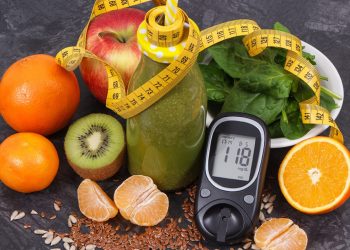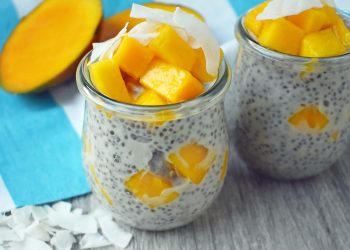(If you haven’t read the first part of this article, here’s the link: )
Ever come away burping and belching after Iftar or grabbing your stomach saying, why did I do that to myself’? Yep, we’ve all been there. Follow the tips below to keep yourself feeling light, energized and bloat-free during Ramadan.
WEEK 2: DIGESTION GUIDELINES
1) EAT FRUIT FIRST
Did you know that fruits are best eaten alone, or before the start of your meal? Here’s why:
Let’s say you ate some kebabs and then ate a fruit salad right afterwards. Kebabs are high in protein and will take a long time to digest, perhaps a few hours. Fruit on the other hand, digests super quickly! If you eat fruit and meat at the same time, the fruit cannot move onto the next step of digestion until the meat is also done breaking down in the stomach.
While the fruit is waiting around, it will start to ferment. This causes burping, bloating and acid reflux.
2) DON’T DROWN YOUR MEAL WITH WATER
While it’s important to rehydrate after a day of fasting, it should be done before eating, and not alongside your meal.
Our stomach secretes an acid called hydrochloric acid, which is used break down food before it enters the small intestine. However, if lots of water comes flooding into the stomach while the hydrochloric acid is breaking down food, it will dilute the acid and slow down the process. Not only will the slow does digestion, it can cause you to feel bloated right after the meal.
3) END IFTAR WITH AN HERBAL TEA
Some feasting during Ramadan will be inevitable, as will some damage control.
The best thing you can if you’re experiencing some indigestion is to sip on an herbal tea right afterwards. Here are the top three herbal teas I recommend:
- Ginger: for nausea, queasiness
- Peppermint: gas, bloating
- Chamomile: food poisoning, diarrhea, cramps
4) DON’T OVEREAT
Easier said than done, right? We all know that overeating leads to indigestion, heartburn, gas and burping. It also makes it difficult to fall asleep at night, and can lead to disturbed sleep.
Try to eat slowly, chew your food thoroughly and take breaks between the meal so that you allow more time for your brain to register feelings of fullness.
This series is brought to you by Alina Islam, a Pakistani-Canadian Holistic Nutritionist currently based in Lahore. Stay tuned for her three-week series as she covers nutrition, digestion and healthy lifestyle tips for Ramadan on SiddySays. You can read more of her tips for healthy living at her website, or follow her on Facebook and Instagram.




